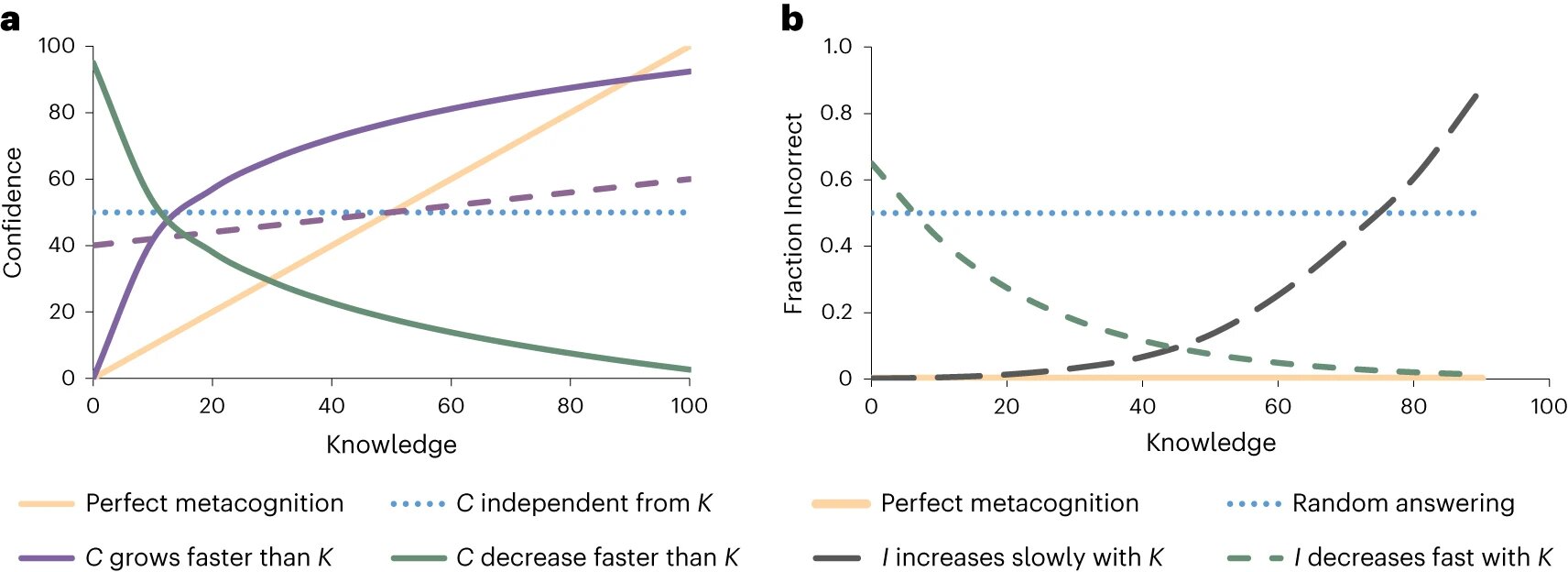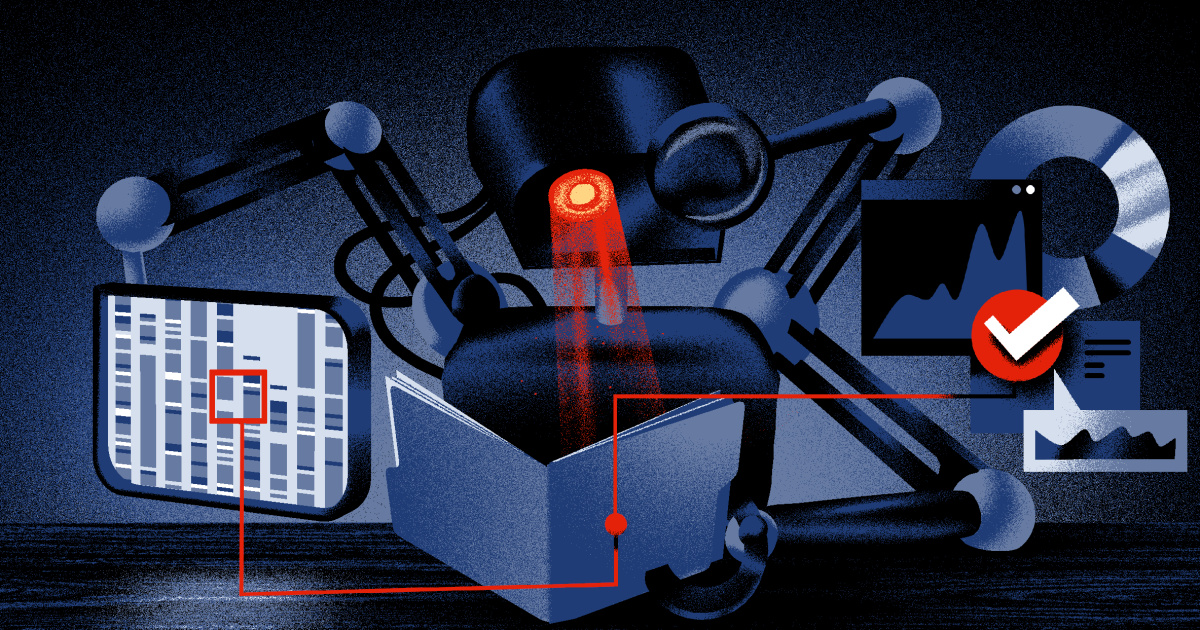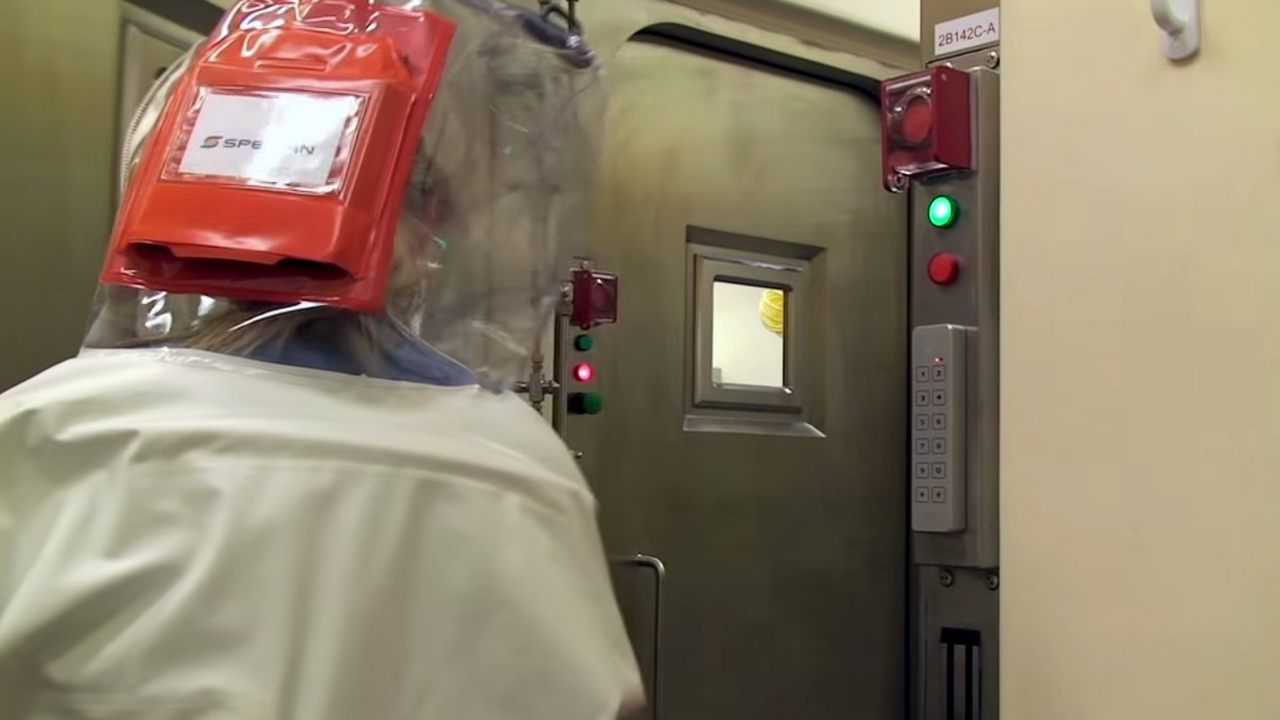- Messages
- 11,983
- Reaction score
- 2,586
- Points
- 238
Science on Trial, Part 1
Yves here. KLG discusses a new paper which dissects the problems with science, with the investigation of and efforts to prevent and treat Covid as the object lesson.Since KLG plans to return to this topic soon, I hope he addresses dogmatism, which was aggressively enforced with invocations of The Science and threats (and in some cases successes) in ruining careers of apostates.
By KLG, who has held research and academic positions in three US medical schools since 1995 and is currently Professor of Biochemistry and Associate Dean. He has performed and directed research on protein structure, function, and evolution; cell adhesion and motility; the mechanism of viral fusion proteins; and assembly of the vertebrate heart. He has served on national review panels of both public and private funding agencies, and his research and that of his students has been funded by the American Heart Association, American Cancer Society, and National Institutes of Health.
The current pandemic has exposed various flaws in how scientific research is conducted in the United States and other countries in the so-called Global North. Some of this can be attributed to the urgency of the task presented by COVID-19 as it emerged four years ago. Getting a handle on the science of the pandemic is difficult. The Covid literature is exceedingly large and fragmented and the political response to the pandemic has been worse. But a paper published online on 8 December 2023 presents a framework for beginning to understand where we are: The Fragility of Scientific Rigour and Integrity in “Sped up Science”: Research Misconduct, Bias, and Hype in the COVID-19 Pandemic (henceforth Lipworth et al.; the journal website is here; alas, the paper is behind a paywall for most readers). The authors are from the Department of Philosophy at Macquarie University, the University of Sydney/Royal North Shore Hospital, Sydney Law School, and the University of Toronto. Although practicing scientists tend to ignore outside voices, this is always a mistake. This paper is comprehensive, and I look forward to digging deeper into this very useful contribution to the current literature on the exigencies under which modern science, commonly understood, is practiced.
More:
Science on Trial, Part 1 | naked capitalism
A new paper dissects how the Covid crisis demonstrated the failings in how science is practiced now. But are its suggestions for improvement bold enough?




